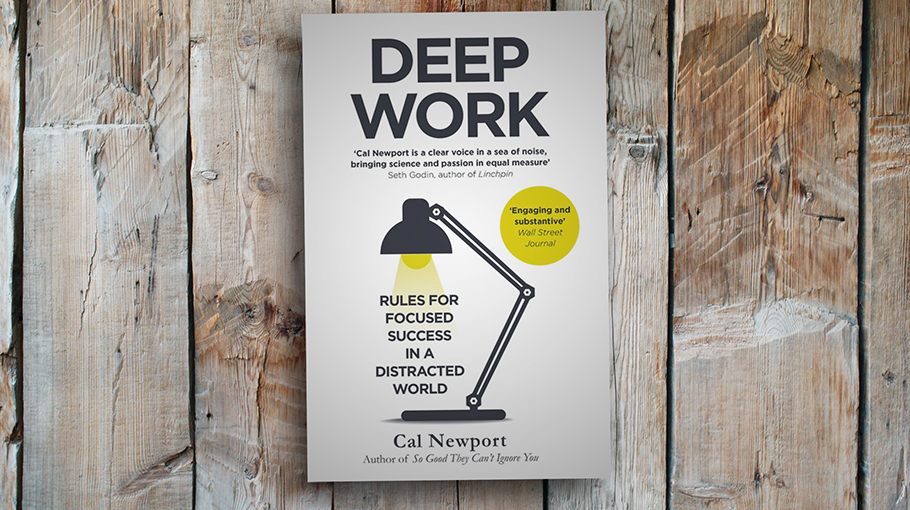Book Review: Deep Work
Rules for focused success in distracted world

Deep Work, as Cal Newport defines it, is the ability to focus without distraction on a cognitively demanding task, and is a skill that allows you to quickly master complicated information and produce better results in less time.
This book explains the significant difference or deep work against shallow work in terms of depth of intellectual needed to accomplish each and value added by each end product. The value of deep work has truly been overlooked since most work consists of routine-based tasks accomplished every day, week or month. The book dives deeper into what kind of products or end results deep work can produce that will make you stand out as a thriving creator of new ideas, concepts, or products.
It is divided into two parts: Part 1, The Idea, and Part 2, The Rules.
The Idea contains three chapters. The first chapter discusses Deep Work is Valuable in a manner that starts off from how one begins to learn how to do deep work in school. Several people like baseball-stats-geek-turned-election-forecaster Nate Silver, a computer programming star David Heinemeier Hansson, and a venture capitalist named John Doerr, were categorized into High-Skilled Worker, Superstar, and Owner respectively.
These types of workers perform deep work on a consistent basis. This chapter also shows how advantageous it is to do deep work and thrive in the current economy. The second chapter exposes Deep Work is Rare and uses Facebook’s Chief Executive Officer Mark Zuckerberg and Atlantic Media’s Chief Technical Officer Tom Cochran as example and counter-example in their respective manners of performing deep work.
It also explains the Principle of Least Resistance (in which we tend to gravitate towards those whose behaviors that are easiest at the moment) and the Busyness as Proxy for Productivity (doing lots of stuff in a visible manner with the absence of productivity and value indicators). The third chapter emphasizes Deep Work is Meaningful, where arguments in various aspects (neurological, psychological and philosophical) of depth is presented using numerous examples cited in different books about similar topics.
Part 2, The Rules, elaborates on the three rules for engaging Deep Work: (1) Work Deeply, (2) Embrace Boredom, (3) Quit Social Media, and (4) Drain the Shallows. Each rule shares disciplinary measures and reasons for doing such, key activities, tips, examples and analyses to help you understand how and why you need to follow the rules in order to achieve deep work.





